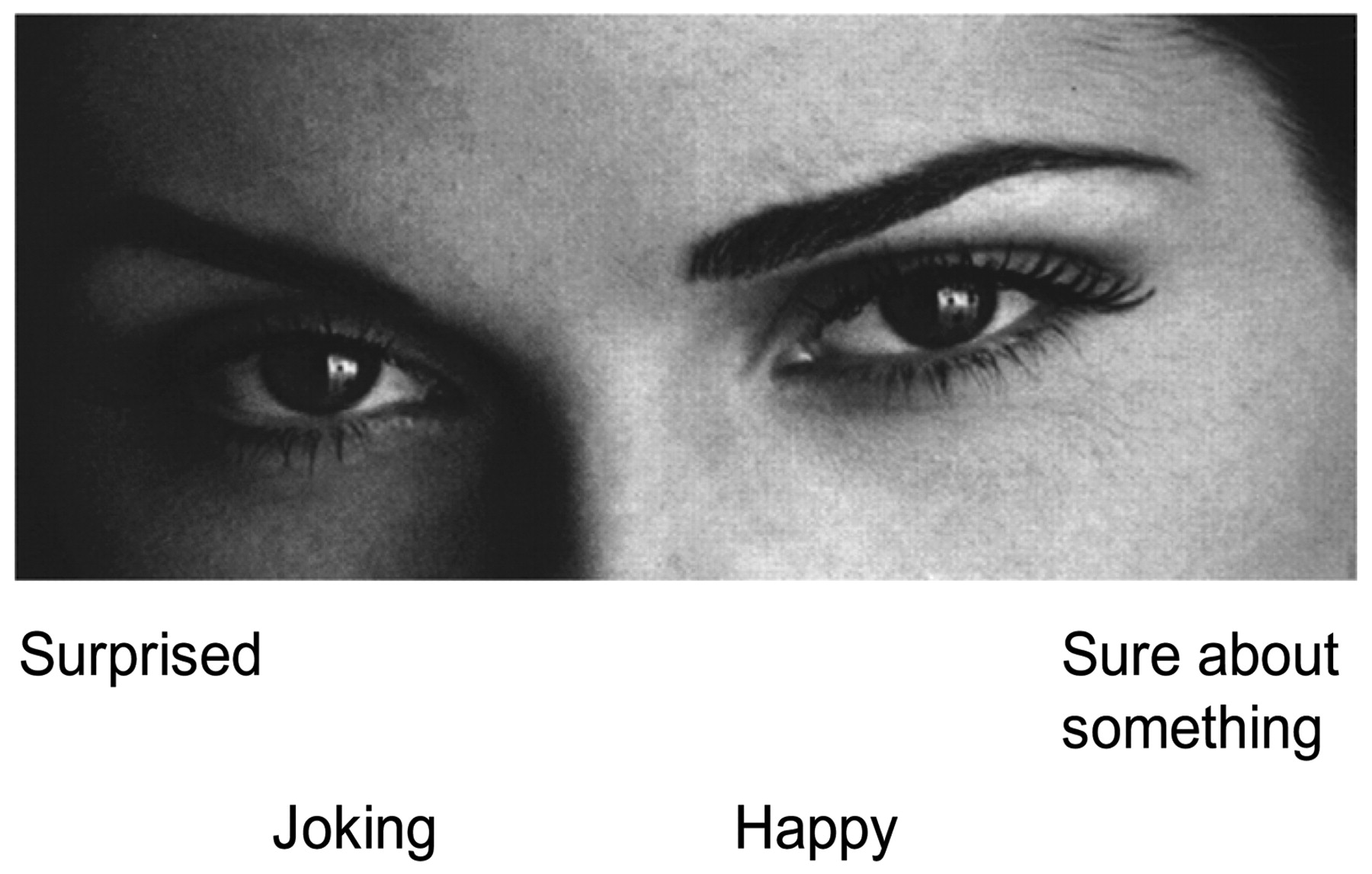Keith Oatley and P.N. Johnson-Laird, ‘Cognitive Approaches to Emotions’, Trends in Cognitive Sciences, 18 (2014), 134-40.
This is the second piece in the March Trends in Cognitive Sciences that turns to literature (I wrote about the other one here). As part of this survey, Oatley and Johnson-Laird touch briefly on literary emotions (p. 136). They advance a theory of how we engage with literature, and what it does with us, that can be followed up in numerous other works by Keith Oatley. A bibliography follows at the end of this post: The Passionate Muse is a particularly interesting formal experiment, as it combines science with Oatley’s own fiction.
When we read fiction, the theory goes, we identify with characters, and simulate their experiences, emotions, and intentions (to the extent that they are in effect ours). Oatley and Johnson-Laird cite research suggesting that exposure to fiction makes us better at reading thoughts and emotions in real people. For example, in experiments using the ‘mind in the eyes’ test (pioneered by Simon Baron-Cohen in his autism research), readers of literary fiction more accurately infer emotions from images of eyes.
On the whole this research seems like good news for literary studies. It offers a concrete rationale for the enduring status of novels and plays and poems in our cultural lives, and thus helps validate the time we spend on them. It gives us lots of work to do: categories such as ‘literary’ and ‘fiction’ are given convenient working definitions by psychologists but not (for the most part) interrogated deeply. Distinction between different kinds of text, different kinds of empathy within texts, don’t get off the ground, and yet if it’s true that literature makes us better at empathy through our engagement with characters, then exploring the myriad ways in which it does so seems worthwhile. I must get different things from Raskolnikov and Elizabeth Bennet.
I have plans to explore empathy in drama in certain specific ways, and I am aware of other projects that are also refining other questions, approaches, and conclusions, from a literary perspective. The direct causality that seems to be involved is a bit unnerving. Am I really surrounded, in my working life in a literature department, with people who have this empathetic advantage? This is definitely something to come back to.
* Keith Oatley, ‘The Cognitive Science of Fiction’, Wiley Interdisciplinary Reviews Cognitive Science, 3 (2012), 425-30.
* Keith Oatley, The Passionate Muse: Exploration of Emotion in Stories (New York: Oxford University Press, 2012).
* Keith Oatley, Such Stuff as Dreams: The Psychology of Fiction (London: Wiley-Blackwell, 2011).
* Raymond A. Mar, Keith Oatley, and Jordan B. Peterson, ‘Exploring the Link Between Reading Fiction and Empathy: Ruling out Individual Differences and Examining Outcomes’, Communications, 34 (2009), 407-28.
* D.C. Kidd and E. Castano, ‘Reading Fiction Improves Theory of Mind’, Science, 342 (2013), 377-380.
* Maja Djikic, Keith Oatley, Mihnea C. Moldoveanu, ‘Reading Other Minds: Effects of Literature on Empathy’, Scientific Study of Literature, 3 (2013), 28-47.
